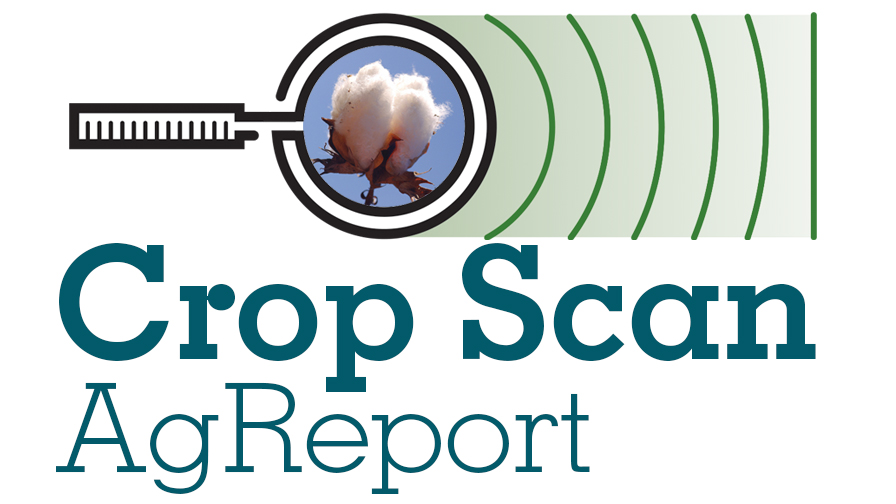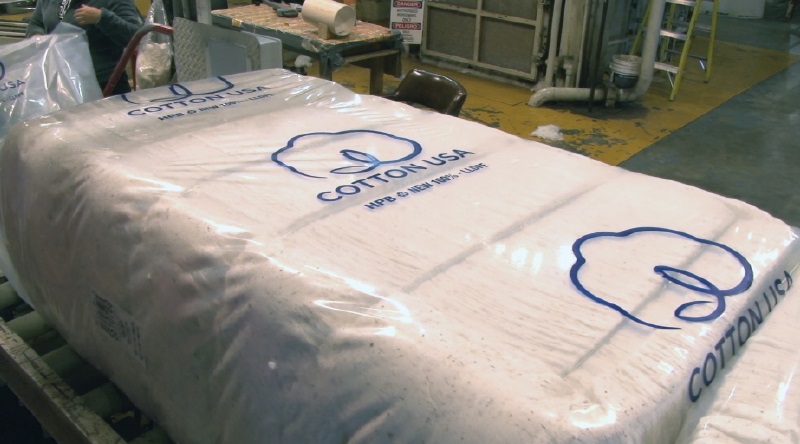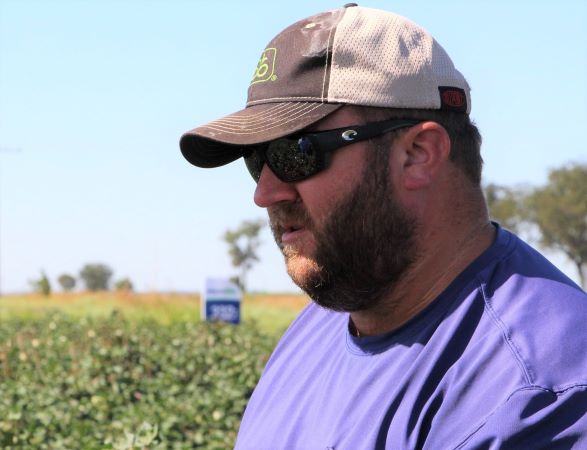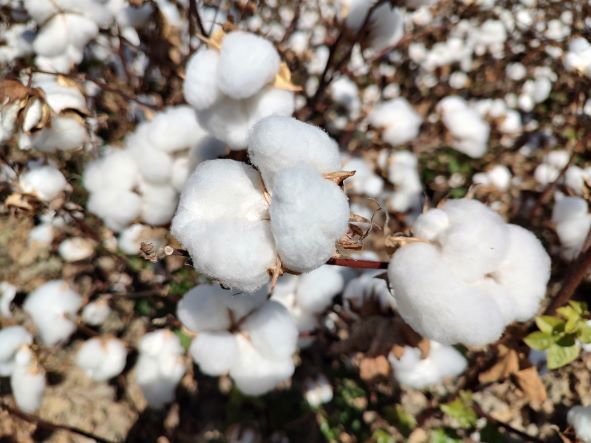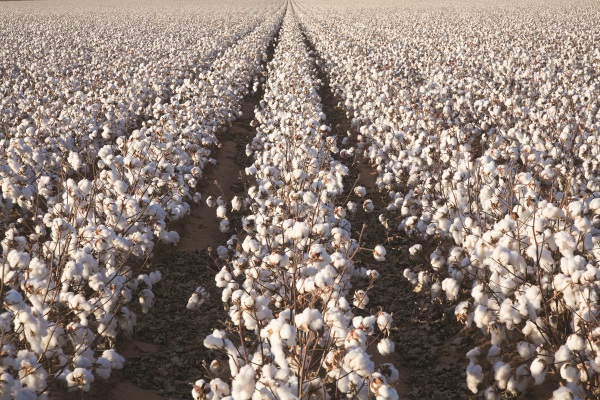Ashok Charles Wins ACSA Essay Contest
Ashok Charles of Winnitex Ltd. might refer to cotton as “the down-to-earth fiber,” but his essay took him to the top of the mountain.
Charles was named the winner of this year’s Essay Contest at the American Cotton Shippers Association’s International Cotton Institute, topping a stellar field of contestants that proves the cotton industry won’t be lacking leadership or brainpower in the future.
“The overall quality of the essays submitted really impressed me, and I had high expectations to begin with,” said Mike McCue, editor of Cotton International magazine and judge of this year’s contest. “Graduates of this school typically go on to do great things in their careers, so I expected the essays to be very good … just not as good as they actually turned out to be.
“In fact, the only thing that elevated Charles’ essay over the others in the field was his fearlessness in making bold statements,” McCue continued. “Everyone did a fantastic job of collecting and presenting information, but his ability to draw large-scale conclusions from the information made Charles stand out, even among this excellent field of entries.”
Dubbed “Cotton: The Down-to-Earth Fiber,” Charles’s essay addresses issues ranging from market speculators to government policy, but statements like the following are what truly caught the judge’s eyes:
- “Cotton seed demand will increase since it has numerous uses.… It will not be long before cotton is grown for the seed and not the fiber.”
- “The battle for pass-through of increases and decreases in price will be a trend we need to deal with, whether we are retailers, garment manufacturers, fabric mills, yarn mills, ginners or growers. This fight will be a growing trend, and an issue we all need to settle at some point.”
- “Even though I am passionate about cotton and would love to see it as a standalone fiber, I am convinced that in order for it to survive competition with food, we must blend it with manmade fiber … while ensuring cotton remains the dominant fiber.”
Due to the high quality of this year’s essays, Cotton International will publish several of them in e-newsletters in coming weeks. Charles’s winning essay will be published in its entirety in the 2012 Cotton International Annual edition, which will be available in January.



